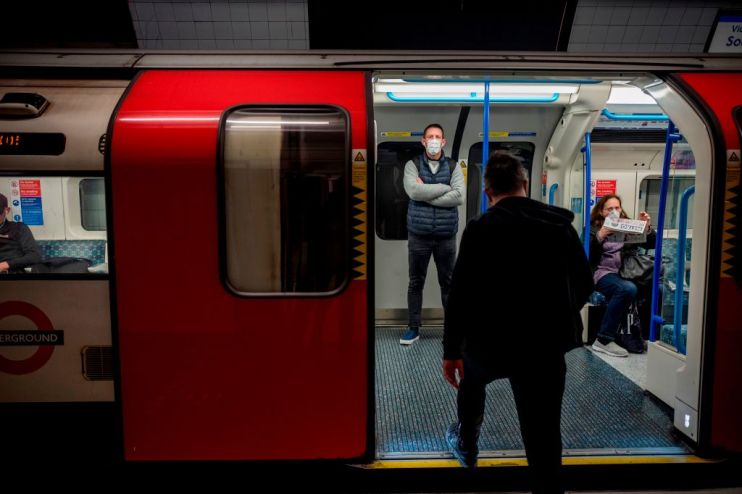London must square the circle to deliver a sustainable transport network

Transport for London’s (TfL) funding, both in the short and long-term, was a thorny issue even before the pandemic set the scene for an eruption of the tensions between central and London governments.
While keeping the system afloat is rightly the focus of debate – and will be again when the temporary solution expires in September – there remains a longer-term question about the funding of the capital’s transport pipeline.
Last year, the consultants Arup identified a £32bn funding gap (2018 prices) to deliver London’s transport pipeline to 2041 and TfL’s own business plan suggested a gap of around £50bn over the next 20 years. And these estimates were made before fares and other revenues started collapsing as a result of coronavirus.
Read more: Khan and central government at war over funding (again)
London, like other cities, should expect a reasonable level of baseline funding for transport, but may need to raise a higher proportion of cash for its future transport pipeline from other sources. As our report Squaring the Circle highlights, existing funding mechanisms won’t be enough to pay for London’s future transport pipeline. Even if the Coronavirus leads to a sustained shift in how people travel and where they work, it is still reasonable to assume London will need an expanded mass transit system in the future, not least to address other urgent priorities around housing, regeneration and decarbonisation.
Typically, making the case for new transport projects in London is done on a scheme-by-scheme basis, but it is a wasted opportunity not to look at the future pipeline in a systematic way over a long period. This programme should be part-funded by central government grants along with a mix of London-wide and more locally targeted funding mechanisms, so that those who benefit from transport projects pay their fair share – that includes businesses and developers – as well as local residents. Nearly a third of the financial benefits for Crossrail 2 will go to owners of residential property in the area – and the majority of land value gains for the future transport pipeline are set to go to existing residential properties. Unfortunately, existing mechanisms do not capture a significant portion of these uplifts.
City regions are well placed to develop such a programmatic approach. But even in London, there is not sufficient devolution to achieve this. In particular, TfL’s reliance on periodic agreements with central government for short-term transport funding is creating inherent uncertainty as well as projected underfunding for future transport investment.
What now needs to follow is greater fiscal devolution to city regions. This would give London the necessary powers to raise more local money in an equitable way for new transport projects, potentially coming in the form of devolving property taxes and reducing central government grants to ensure fiscal neutrality at the point of devolution. Control over revenues arising from property taxes would also provide greater long-term funding certainty.
And, critically, fiscal devolution and funding reform in London would also help other regions. It could help free up resources and London could potentially act as a test bed for new funding mechanisms, which, if successful, could be rolled out to other parts of the UK.
Inevitably, there will be political challenges locally in introducing new mechanisms to fund transport projects. But these challenges should be faced head on at a London level, and the capital given the powers to make its own decisions about how to close its transport funding gap.